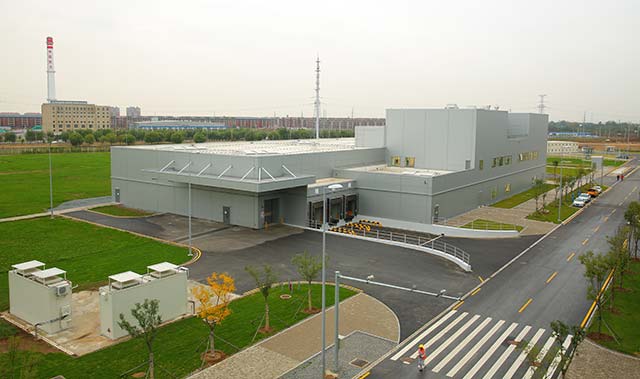The BMW Group continues to expand its electro-mobility activities. In conjunction with its partner, Brilliance China Automotive Holdings Ltd., the BMW Group opened a new “High-Voltage Battery Centre” in Shenyang, China today.
The battery factory will supply the nearby Dadong plant, which is operated by the BMW Brilliance Automotive (BBA) joint venture and will produce the BMW 5 Series Plug-in Hybrid for the local market.
Alongside the electric motor, the high-voltage battery is a central element of partially and fully-electrified vehicles. The BMW Group is integrating its battery factories into the existing international production network. In-house production gives the BMW Group a decisive competitive advantage by securing know-how in new technologies, gaining key systems expertise and leveraging cost benefits.
The Shenyang production facility
The Shenyang location, with its Dadong and Tiexi automotive plants and engine plant with light-metal foundry, plays an important role in the BMW Group’s global production network. It contributes to the strategy of globally balanced growth, with production capacity in the respective regional markets.
The BBA production location in Shenyang builds vehicles exclusively for the Chinese market. The Dadong plant in the northeast of the city opened in 2003 and currently produces the BMW 5 Series Long-Wheelbase Version. Going forward, this facility will also build the plug-in hybrid variant of the BMW 5 Series and the new BMW X3.
The BMW Brilliance Automotive Joint Venture
The BMW Brilliance Automotive joint venture was founded in 2003 and encompasses production and sales of BMW automobiles in China, as well as local development tasks. The joint venture employs more than 16,000 people, while the BBA supplier network comprises around 350 local suppliers.
In 2014, the BMW Group and Brilliance China Automotive Holdings Ltd. extended the contract for their Chinese joint venture early – four years before the current contract expired – and laid the foundation for deepening the successful cooperation. The extended contract is valid for ten years (from 2018 to 2028).









